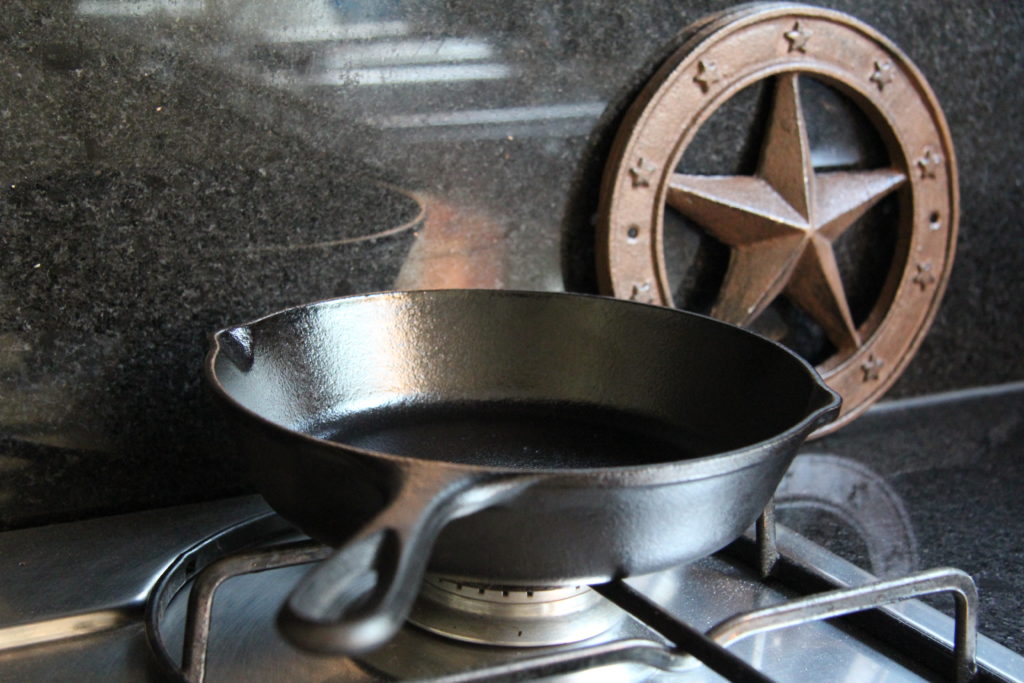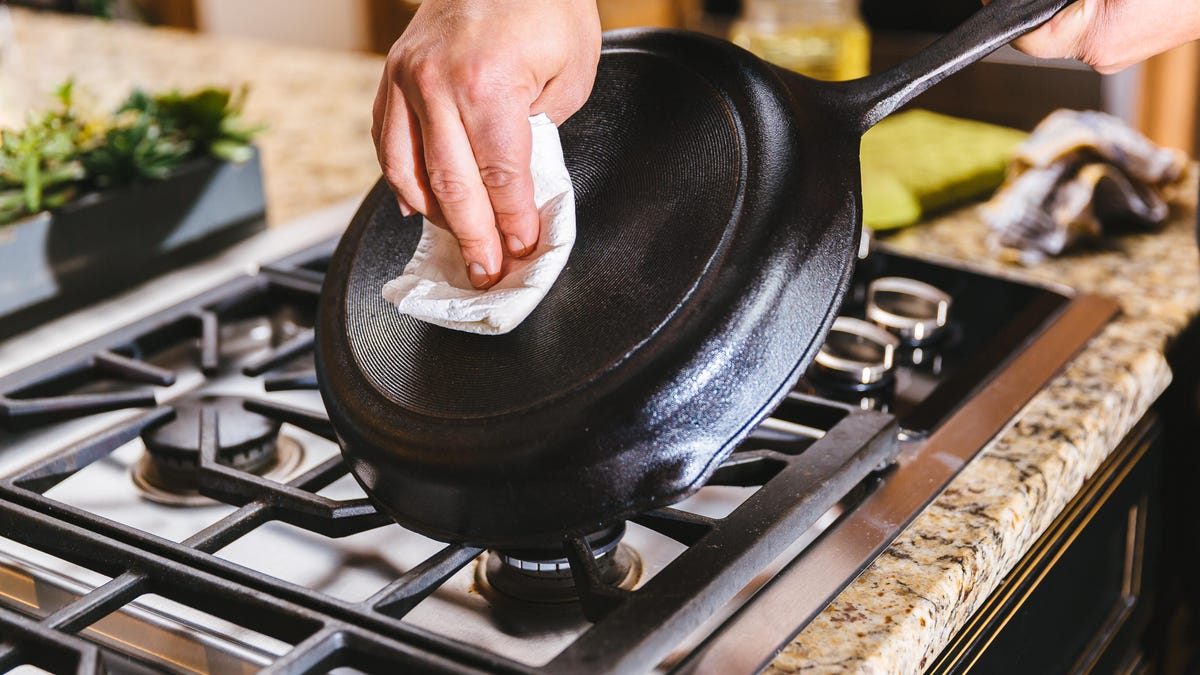When it comes to achieving that perfect non-stick surface in your cast iron cookware, understanding the appropriate temperature to season your pans with vegetable oil is critical. Kitchen professionals are often on the lookout for methods that yield the best results, and in this article, we will address the intricacies of one of the most essential skills in the culinary world: how to properly season cast iron.
So, what temp to season cast iron with vegetable oil? Many experts agree that the ideal temperature lies between 375F and 450F (190C - 232C). This range not only allows vegetable oil to polymerize effectively but also creates a protective layer that enhances both the longevity and usability of your cookware.
:max_bytes(150000):strip_icc():format(webp)/__opt__aboutcom__coeus__resources__content_migration__serious_eats__seriouseats.com__images__2016__09__20160817-cast-iron-pan-vicky-wasik-collage-1500x1125-a15711a84a054cca9268b8ddda1e5dd2.jpg)
Why Season Cast Iron?
Seasoning cast iron is not merely about adding a layer of oil. It is a process that transforms the surface of the cookware, creating a natural non-stick coating and preventing rust. This practice is especially important for professionals who rely on their tools to deliver consistent results.
A well-seasoned cast iron skillet offers superior heat retention and distribution, making it ideal for various cooking techniquesfrom frying to baking. Moreover, it adds flavor to your dishes and makes cleanup a breeze.
Choosing the Right Oil
Many chefs swear by vegetable oil, but why is it a preferred choice? The answer lies in its high smoke point and relatively neutral flavor. Other oils, such as canola or grapeseed, can also perform well; however, vegetable oil tends to be the most accessible and economical option for many kitchen professionals.
Seasoning Process
To season your cast iron effectively, follow these simple steps:
- Preheat your oven to the desired temperature, ideally within the 375F to 450F range.
- Clean your skillet thoroughly with soap and water, ensuring all food residues are removed.
- Dry your pan completely to prevent moisture, which can lead to rust.
- Apply a thin layer of vegetable oil to the entire surface of the skillet, both inside and out.
- Place the skillet upside down in the preheated oven, preferably on a baking sheet to catch any drips.
- Bake for at least one hour, allowing the oil to bond with the pan surface.
- Turn off the oven and allow the skillet to cool inside before removing it.
Once this process is completed, you have created a durable and non-stick surface that will improve with each subsequent use.
The Benefits of Proper Seasoning
Properly seasoning your cast iron cookware can yield the following benefits:
- Enhanced non-stick surface: The polymerization of the oil creates a slick surface for easy cooking.
- Rust prevention: A well-seasoned skillet is less prone to rust due to the protective oil layer.
- Flavor enhancement: Over time, food flavors build up on the surface, imparting a unique richness to your dishes.
- Longevity: Proper care allows cast iron cookware to last for generations.
Common Mistakes to Avoid
As you embark on your seasoning journey, here are some pitfalls to steer clear of:
- Over-oiling: Applying too much oil can lead to a sticky residue.
- Incorrect temperature: Ensure you're operating within the right temperature range for optimal results.
- Neglecting maintenance: Regularly clean and inspect your pans to prevent buildup and rust.
When to Reseason Your Cast Iron
As a professional kitchen user, knowing when to reseason your cookware is crucial. Here are signs that your cast iron may need another round of seasoning:
- Food is sticking more than usual.
- Discoloration or dull spots are present.
- Rust is starting to develop.
- It has not been used for an extended period.
Linking to Additional Resources
For more insights on maintaining cast iron, you may find these articles helpful:
- How to Know When Hot Enough
- Difference Between Cast Iron and Steel
- Reduce Smoke Cooking
- Keep Cast Iron from Scratching
- Clean Rust Off Cast Iron
- How to Season Cast Iron
:max_bytes(150000):strip_icc():format(webp)/__opt__aboutcom__coeus__resources__content_migration__serious_eats__seriouseats.com__images__2016__09__20160817-cast-iron-pan-vicky-wasik-3-c56f176298784fef9e60f6cea198e0e4.jpg)
Frequently Asked Questions
1. How often should I season my cast iron pan?
It depends on the usage, but typically every few months or whenever you notice sticking or peeling.
2. Can I use other oils besides vegetable oil for seasoning?
Yes, oils with high smoke points like canola or grapeseed oil work well too.
3. Is it necessary to season cast iron after every use?
No, but you should wipe it down with oil occasionally to maintain its surface.
This article contains affiliate links. We may earn a commission at no extra cost to you.






Leave a comment
This site is protected by hCaptcha and the hCaptcha Privacy Policy and Terms of Service apply.